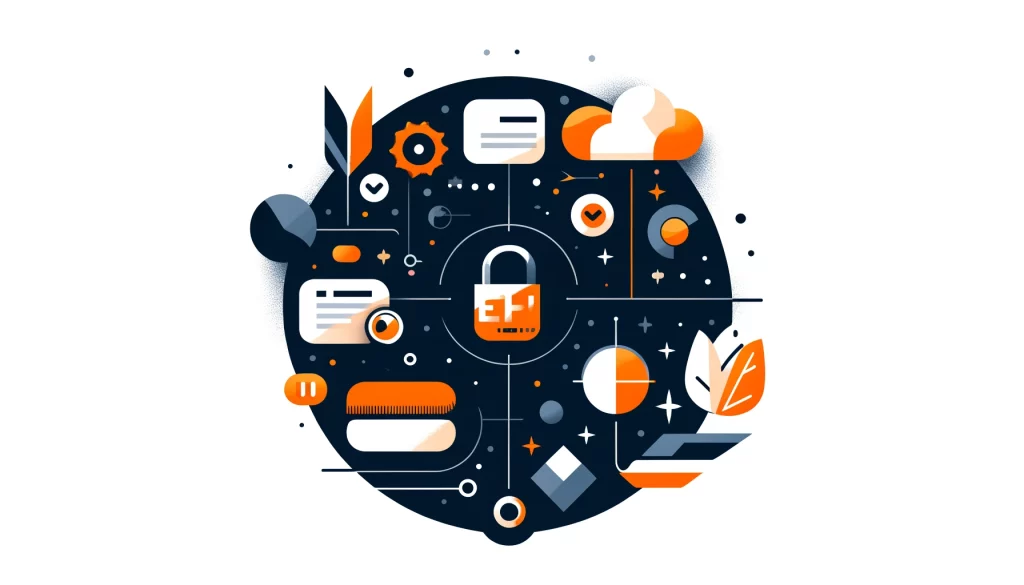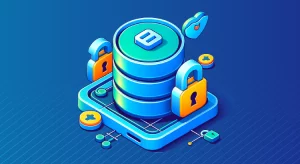
Entitlements: A Key Component of Fine-Grained Access Control

Entitlements assign permissions or privileges to users within a system or organization. They determine the specific actions a user can take with certain data or resources. Organizations can control who can access sensitive information by defining access rights for those who truly need to know.
For example, a healthcare organization may have different levels of entitlements for its employees. Doctors may have access to patient medical records, while administrative staff may only have access to scheduling information. The organization can prevent unauthorized access to sensitive patient information by using them. This helps reduce the risk of data breaches and ensures compliance with privacy regulations.
Entitlements are important for data security because they limit the harm from a hacked account. If someone hacks an account, limit their access to only what they need for their job to reduce the damage. This principle of least privilege helps to contain security incidents and prevent unauthorized access to critical systems.
Definitions
Entitlements are explicit lists of a user’s access rights. They determine what actions a user can perform on specific data. They also are closely related to login and access control.
Entitlements can come from various sources, such as:
– Local context data
– Shared data context
– Business domain data
– Centralized services
Applications primarily focus on them to control user access, since they provide a fine-grained approach to data security.
Entitlements vs. Authorization
Entitlements and authorization are similar, but they have some key differences. The former are more specific and explicit compared to the latter.
Authorization acts as a general restriction or prescription for access control. Entitlements, on the other hand, provide a detailed list of access rights.
Managing it that way can be more efficient. Modifying login rules is easier than updating explicit lists.
The Benefits of Entitlement Services
These services are specialized services that provide entitlements. They focus solely on delivering the necessary data for them.
Using these services offers several benefits:
– Reusage of policies across multiple applications
– Scaling to handle large volumes of data and users
– Separation of concerns between entitlements and other application logic
The security team can own services or integrate them into the DevSecOps platform. They provide a centralized approach to managing.
Best Practices for Implementing
To effectively implement entitlements, organizations should follow these best practices:
Define clear policies: establish clear policies. Define the specific access rights for different user roles and data types. Ensure that the policies align with business requirements and regulatory compliance.
Implement least privilege access: apply the principle of least privilege when granting entitlements. Users should only have the minimum access rights necessary to perform their tasks. Regularly review and update them to maintain least privilege access.
Centralize management: use a centralized management system. This approach provides a single source of truth. It simplifies the management and auditing of access rights.
Regularly conduct auditing: conduct regular audits. Identify any unnecessary or excessive access rights. Remove them for users who no longer require them. Ensure that they remain aligned with user roles and responsibilities.
Implement analytics: use analytics to gain insights into access patterns and potential security risks. Monitor for unusual or suspicious access attempts. Identify users with excessive entitlements and take appropriate action.
By following these best practices, organizations can effectively manage entitlements. They can ensure that users have the appropriate access rights to perform their roles while minimizing security risks.
The Future of Entitlements
As data grows and user roles get more complex, entitlements will become more important for data security.
Organizations will need to adopt advanced management solutions. These solutions will leverage artificial intelligence and machine learning to automate provisioning and monitoring.
The future of entitlements lies in providing seamless, secure access to data across diverse systems and platforms. Their management will become a critical component of overall data governance and security strategies.
Organizations can protect data and help users access information by using strong entitlement solutions. This helps drive business success and stay ahead of the curve.
